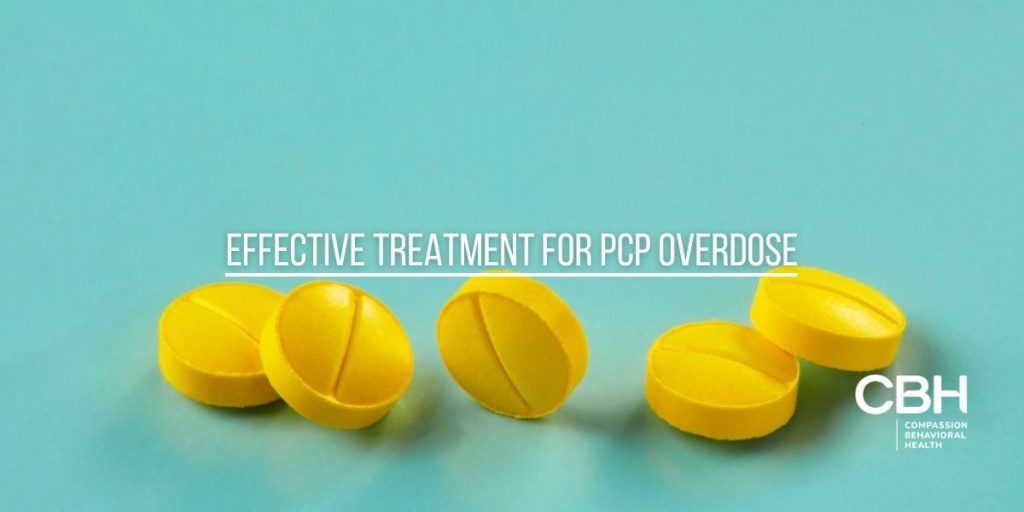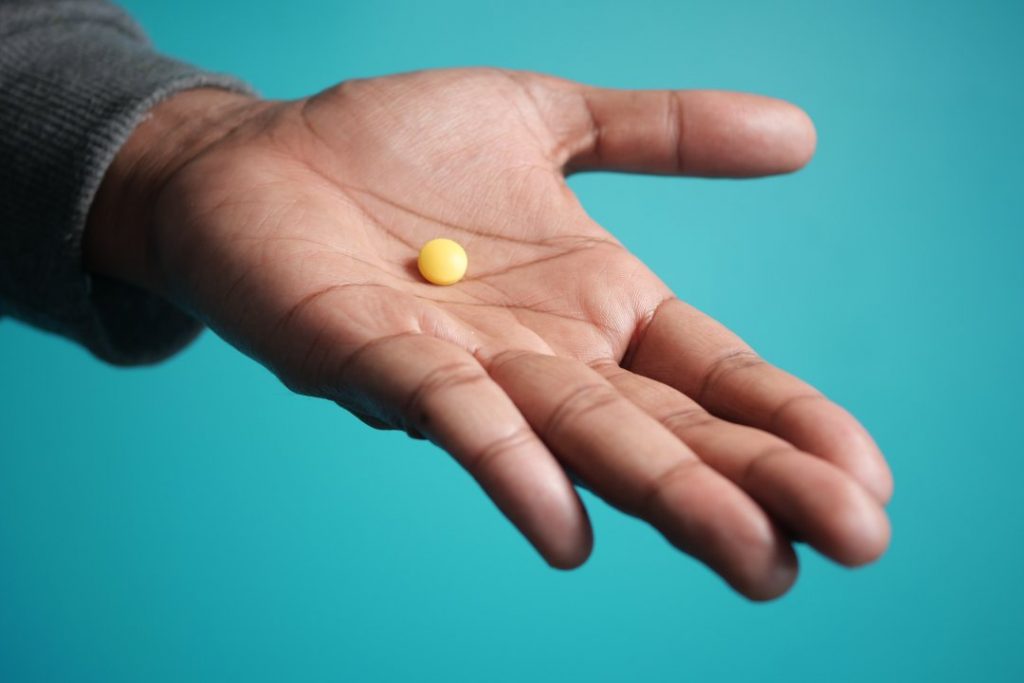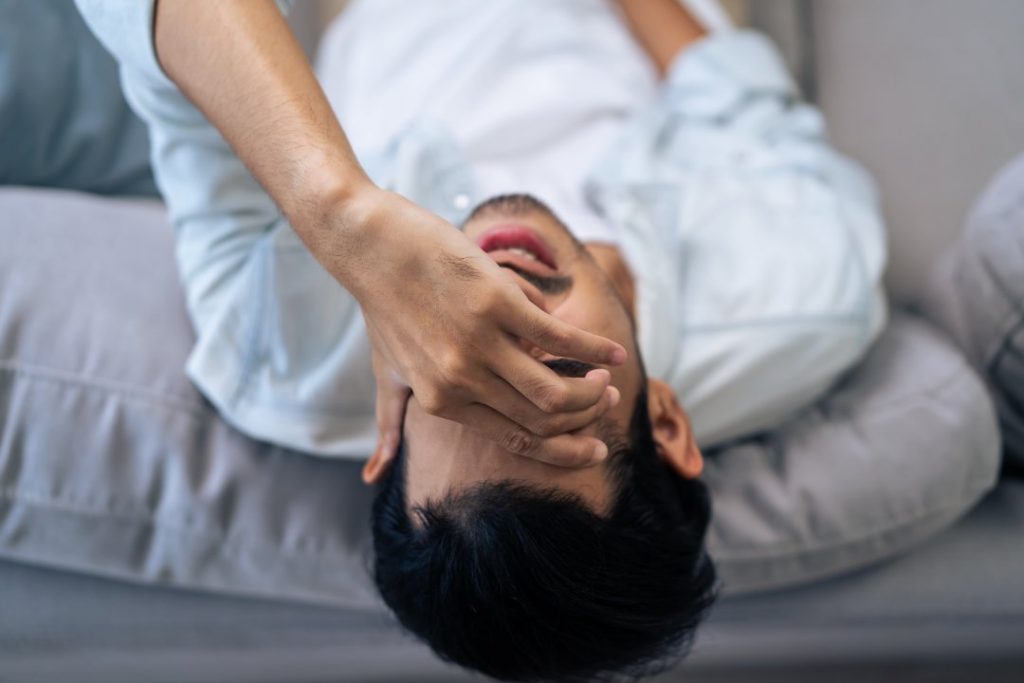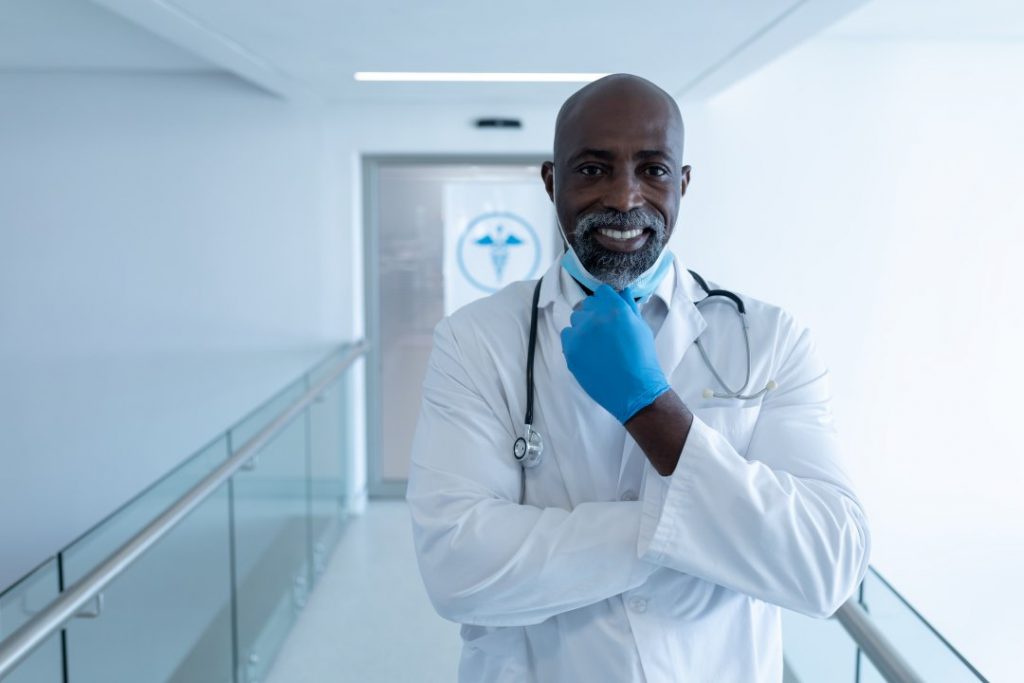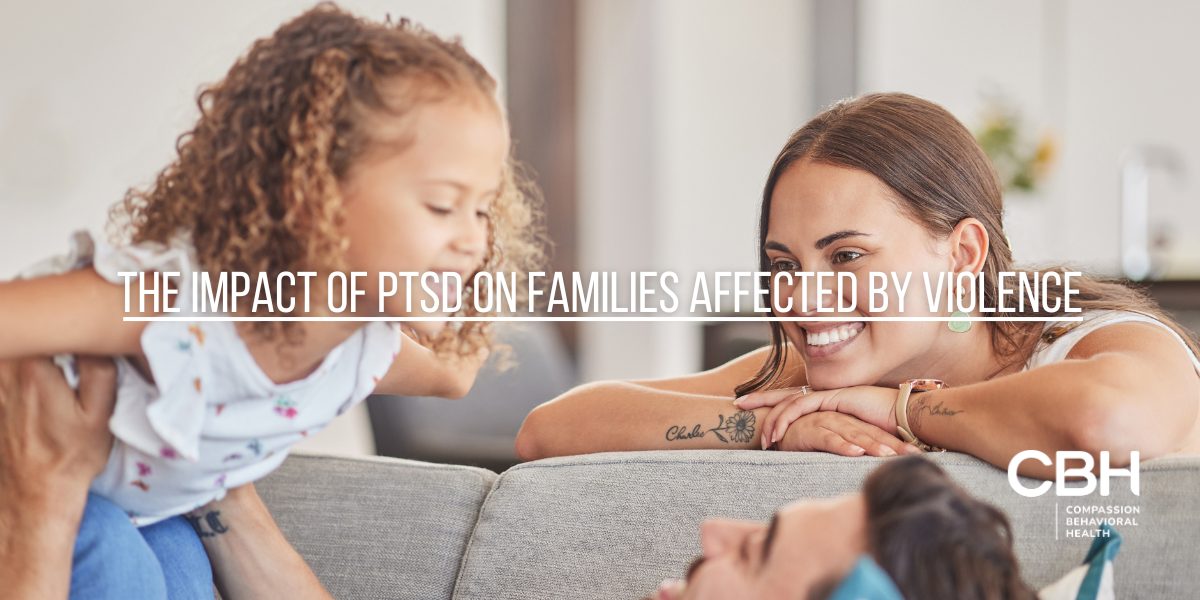PCP (phencyclidine), also known as angel dust, is a highly potent hallucinogenic drug that can cause serious health risks when misused or taken in excessive amounts. Overdosing on PCP can lead to a range of physical and psychological symptoms that require immediate attention and intervention. In this article, we will explore the effective treatment options for PCP overdose and how to provide timely support to those in need.
PCP and Its Effects on the Body
Before delving into the treatment options for PCP overdose, it is essential to understand the chemical composition of PCP and its short-term and long-term effects on the body. PCP is a synthetic drug that is classified as a dissociative anesthetic. It was originally developed as an anesthetic agent but was later discontinued due to severe side effects.
The Chemical Composition of PCP
PCP is a white crystalline powder that can be found in various forms, including tablets, capsules, and liquid solutions. The drug can be ingested orally, inhaled, or injected. PCP acts as an NMDA receptor antagonist, which means it interferes with the functioning of this receptor, leading to hallucinations, distorted thinking, and altered perceptions.
It is important to note that PCP is a highly potent drug that can have profound effects on the central nervous system. The chemical structure of PCP is similar to that of ketamine, another dissociative drug, but PCP is known to be much more potent. Due to its potency, even small doses of PCP can result in intense and unpredictable effects on the user.
Short-term and Long-term Effects of PCP
Short-term effects of PCP use include euphoria, hallucinations, disorientation, impaired coordination, and increased heart rate and blood pressure. In some cases, individuals may experience symptoms such as aggression, delirium, and paranoia. Long-term PCP use can result in memory loss, depression, anxiety, and difficulty with speech and thinking.
Furthermore, chronic use of PCP has been linked to a condition known as “formal thought disorder,” where individuals struggle to organize their thoughts and communicate effectively. This can have significant implications for their personal and professional lives, as the cognitive impairments associated with PCP use can be long-lasting and challenging to overcome.
Recognizing Signs of PCP Overdose
Identifying the signs of PCP overdose is crucial for providing prompt intervention. Both physical symptoms and psychological indicators can indicate a PCP overdose.
PCP, or phencyclidine, is a potent hallucinogenic drug that can have severe effects on the body and mind when taken in excess. Recognizing the signs of a PCP overdose is essential in order to prevent potentially life-threatening consequences.
Physical Symptoms of Overdose
Physical symptoms of PCP overdose may include
- increased heart rate
- high blood pressure
- elevated body temperature
- seizures
- muscle rigidity
Individuals may also experience difficulty breathing, rapid or shallow breathing, and chest pain. In severe cases, a PCP overdose can lead to coma or even death.
It is important to note that the physical symptoms of PCP overdose can vary in intensity depending on the amount of the drug consumed and the individual’s tolerance levels. Monitoring these symptoms closely is crucial in determining the severity of the overdose and providing appropriate medical assistance.
Psychological Indicators of Overdose
Psychological indicators of PCP overdose may include severe agitation, intense anxiety, extreme paranoia, delusions, and hallucinations. Those overdosing on PCP may exhibit unpredictable and violent behavior, putting themselves and others at risk.
Individuals experiencing a PCP overdose may also display symptoms of dissociation, feeling disconnected from their surroundings or their own body. This altered state of consciousness can further exacerbate the individual’s distress and complicate the overdose situation.
Immediate Response to PCP Overdose
When faced with a PCP overdose scenario, it is crucial to act quickly and seek emergency medical assistance. While awaiting professional help, there are immediate first aid measures that can be taken to ensure the individual’s safety.
PCP is a potent hallucinogenic drug that can have severe effects on the mind and body when taken in excess. An overdose of PCP can lead to symptoms such as hallucinations, agitation, violent behavior, and even coma. It is essential to approach the situation with caution and prioritize the well-being of the individual.
Emergency First Aid Measures
If you encounter someone experiencing a PCP overdose, start by ensuring a safe environment. Remove any nearby objects that could cause harm, and stay calm. Try to keep the individual calm as well, as heightened anxiety or agitation can worsen the situation. Make sure their airway is clear and monitor their breathing.
In addition to monitoring their vital signs, it is important to gather information about the substance ingested, if possible. Details such as the amount taken and the time of ingestion can be valuable for medical professionals in providing appropriate treatment. Avoid giving the individual anything to eat or drink unless instructed to do so by emergency services.
Please be aware that restraining or physically confronting the individual may lead to increased aggression and potential harm. Therefore, it is crucial to await professional help and adhere to their guidance.
Role of Emergency Medical Services
Never hesitate to call for emergency medical services when dealing with a PCP overdose. Professional medical responders are equipped with the necessary skills and resources to handle drug-related emergencies. They can provide immediate treatment, stabilize the person’s condition, and transport them to a medical facility for further evaluation and care.
Upon arrival, emergency medical services will conduct a thorough assessment of the individual’s condition, including vital signs, mental status, and potential complications from the overdose. Treatment may involve administering medications to counteract the effects of PCP, providing supportive care to maintain vital functions, and monitoring the individual closely for any changes in their condition.
Medical Treatment for PCP Overdose
Once the individual has received immediate medical attention and is stabilized, medical treatment for PCP overdose typically involves a comprehensive approach to address both physical and psychological aspects of the overdose.
PCP is a powerful hallucinogenic drug that can have severe effects on the body and mind when taken in excessive amounts. In cases of overdose, prompt medical intervention is crucial to prevent long-term damage and ensure the individual’s safety and well-being.
Detoxification Process
Detoxification, or the process of removing PCP from the body, is an essential step in the treatment of overdose. The individual may be closely monitored in a medical facility to manage withdrawal symptoms and prevent complications. Supportive care, including hydration and nutrition, may also be provided during this phase.
During detoxification, healthcare professionals may use a combination of medications and therapeutic interventions to help the individual safely eliminate PCP from their system. This process is tailored to the patient’s specific needs and may vary in duration depending on the severity of the overdose and individual response to treatment.
Medications Used in Treatment
There is currently no specific medication approved for the treatment of PCP overdose. However, medications such as benzodiazepines may be administered to manage agitation, anxiety, and seizures. Other medications may be recommended to address any underlying mental health conditions aggravated by PCP use.
In addition to pharmacological interventions, psychological support and counseling are integral components of treatment for PCP overdose. Individuals may benefit from therapy sessions to address the root causes of substance abuse and develop coping strategies to prevent future relapses. Family therapy and support groups can also play a vital role in the individual’s recovery journey.
Psychological Support and Rehabilitation for PCP Addiction
Recovering from a PCP overdose involves more than just medical treatment. It is crucial to provide psychological support and rehabilitation to address the underlying issues that may have contributed to the overdose.
Understanding the psychological impact of a PCP overdose is essential in developing a comprehensive recovery plan. Individuals may experience feelings of guilt, shame, or fear following an overdose, and addressing these emotions through therapy and counseling is vital for long-term healing.
Importance of Mental Health Support
Individuals who experience a PCP overdose often require long-term mental health support. Therapy sessions, both individual and group, can help individuals understand and cope with the factors that led to drug use. Cognitive-behavioral therapy, in particular, can be effective in changing thought patterns and behaviors associated with drug misuse.
Moreover, exploring underlying mental health conditions such as depression, anxiety, or trauma is crucial in preventing future substance misuse. Addressing these co-occurring disorders through integrated treatment approaches can significantly improve overall recovery outcomes.
Rehabilitation Programs and Therapies
Various rehabilitation programs and therapies can assist individuals in their recovery journey. These may include inpatient or outpatient treatment programs, support groups, and holistic approaches such as yoga and mindfulness. Engaging in activities that promote physical and mental well-being can also be beneficial.
Furthermore, incorporating creative therapies like art therapy, music therapy, or equine therapy can provide individuals with alternative outlets for expression and healing. These experiential therapies can complement traditional treatment methods and offer unique avenues for self-discovery and growth.
It is important to note that the recovery process for individuals who have experienced a PCP overdose can be complex and may require ongoing support. Establishing a strong support network, including friends, family, and healthcare professionals, can greatly contribute to successful recovery and relapse prevention.
PCP Addiction Treatment at CBH

If you or a loved one is struggling with the effects of a PCP overdose, remember that you’re not alone.
At Compassion Behavioral Health, we understand the complexities of substance use and mental health challenges. Our customized approach is designed to foster sustainable recovery, offering various levels of care tailored to your unique needs. Our expert team is committed to guiding you toward your highest physical and mental health. Conveniently located in South Florida, our Hollywood rehab center is a beacon of hope and healing. Don’t wait to take the first step towards reclaiming your life. Call Us Today and let us support you on your journey to recovery.
